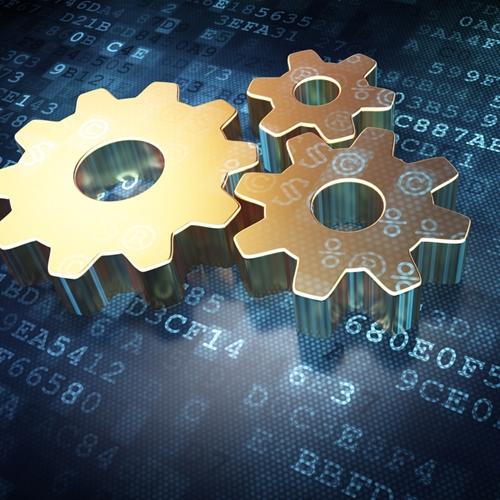Recent data center research shows that modular data center designs are a more cost effective option than traditional construction projects. As an increasing number of organizations realize the strategic scalability and financial benefits that such an approach can offer, adoption rates are rising, creating overall market growth. IMS Research analysts estimated that the modular data center market will increase by 33 percent each year for the next five years.
GE Enters Modular Data Center Market
In order to respond to growing customer demands and overall market expansion, new vendors have entered the market, including GE. The company recently announced the availability of its new PowerMOD power system to be utilized in modular data center construction.
The technology is a containerized power system platform, with the ability to expedite facility expansion initiatives, boost energy efficiency and increase data center reliability. When this system is included in modular construction, new data centers can be deployed in as little as four months.
Additionally, GE stated that the PowerMOD system is more flexible than other solutions, providing optimal configuration for power protection and efficiency supplies. It includes automatic transfer switches, transformers and switchboards, as well as an uninterruptible power supply. PowerMOD can support 200 kilowatts to 1,500 kilowatts of backup critical power in both 50- and 60-hertz arrangements.
Overall, the technology can lower a modular data center’s PUE rating and operating costs.
“GE PowerMOD delivers lower total cost of ownership and higher energy efficiency and can be deployed on-site faster than brick-and-mortar data centers,” said Jeff Schnitzer, GE’s Critical Power business general manager.
Schneider Acquired AST Modular to Increase Modular Benefits
AST Modular boasted a number of industry achievements, including being the first organization to deploy a Tier III certified multi-module facility and successfully completing more than 450 modular data center projects in 30 countries. With the company’s resources in place, Schneider is now better positioned to offer customers all the benefits that modular facilities can offer, including rapid deployment, data center life cycle cost savings and minimal component compatibility issues. Carlini also pointed out that clients have the opportunity to take advantage of predictable efficiency, portability and the ability to reconfigure their modular data center deployments.
Schneider modular offerings also differentiate themselves from other market options with several features, including the ability to deliver up to 99.995 percent reliability through power and cooling redundancy and management software for optimal resource oversight.
Benefits of Modular Data Center Projects
According to a Research and Markets report, modular data center design options have shifted the strategies architects utilize for deploying cooling systems, power supplies and overall use of data center space. Because such data center designs are comprised of standardized components, the construction process is not only carried out more rapidly, but is much easier and cheaper than a traditional build.
Furthermore, such facilities offer boosted flexibility, a smaller environmental footprint and increased scalability. As the prefabricated parts are simple to piece together or take apart, organizations have the opportunity to add space as needed or move the structure to a different site depending on their needs.
Modular structures also provide a lower total cost of ownership and increased efficiency, as they are a complete, turnkey solution that can include racks, power and cooling systems, security and monitoring arrangements from deployment. As the units can be tailored to suit the needs of the customer, they are a more cost effective and fitting solution in comparison to a permanent data center structure.
One of the most attractive benefits for data center organizations employing modular technology is the cost advantages that such structures can offer. According to data center research from DCD Intelligence, modular deployments can cost nearly 14 percent less than traditional facilities.
Troy Rutman, IO director of corporate communications, said that nearly every technology is misunderstood in the early adoption phase, including modular data centers. However, this perception is shifting within the industry as more users recognize the increased flexibility, cost efficiency and enhanced performance these structures can provide.




